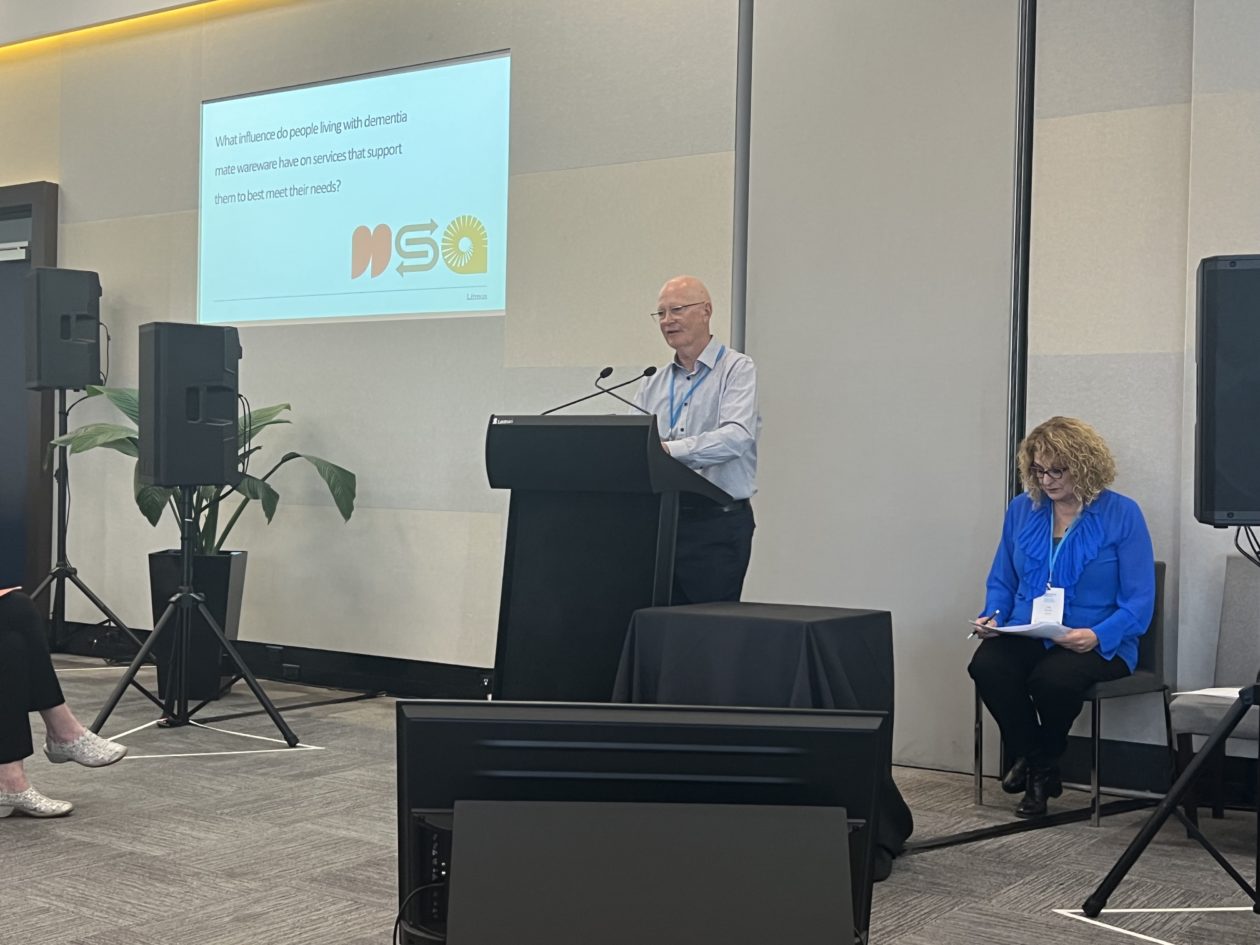New research highlights impact of dementia mate wareware services

New research into the lived experience of New Zealanders affected by dementia mate wareware highlights the stigma they face, the problems they experience getting a diagnosis and the negative impact of the inequitable access to support services.
Conducted on behalf of Alzheimers NZ, the research found people living with dementia mate wareware have limited influence on services provided for them. Stigma and exclusion are some of barriers that hinder their ability to influence and shape the design and delivery of the dementia services that are supposedly available to them.
People living with dementia mate wareware want their voice to be heard to shape the support they need, and the research highlighted how important it is that people with dementia mate wareware have some input into and control over those services.
The research findings highlight the need for equitable access to culturally safe services for Māori and Pacific peoples living with dementia mate wareware. Reinforcing Aotearoa New Zealand’s post code lottery health system, the problems are exacerbated in the regions.
The research also found that, while community dementia service organisations are trying to address the problems, they desperately need more resources to provide culturally safe environments which allow people with dementia mate wareware to get the care and support they need.
Compounding these problems is a lack of formal peer support programmes. The research noted the importance of these programmes when it comes to helping people cope with a diagnosis and get connected with, and receive support from, others living with dementia mate wareware.
Alzheimers NZ Chief Executive Catherine Hall says the research findings aren’t a surprise, but they are still very sad and disappointing – and easily rectifiable.
She says the problem is that Aotearoa New Zealand doesn’t have a formal health system management plan for dealing with dementia mate wareware; it’s left almost entirely to charities and community organisations to offer what services and support they can, often largely funded by donations.
“This research highlights just how much the hands-off approach by successive governments over the last decade has marginalised our dementia mate wareware community and hurt people diagnosed with the condition.”
She says the dementia mate wareware sector has submitted to government the Dementia Mate Wareware Action Plan that, if funded and implemented, would address all the issues identified in the research.
It would also help reduce the number of New Zealanders likely to develop dementia mate wareware in future.
“Implementing the Plan makes sense on so many levels, but we’re still waiting for this government to green-light it.”
She says the sector has also sought funding to better support the country’s community dementia mate wareware services, also to no avail at this point.
“Dementia mate wareware numbers are predicted to grow by over 240 per cent in coming years – we’ve got to do something soon or we will have another major health system crisis on our hands.”
The new research is in the form of two reports entitled The influence of people with dementia mate wareware in the planning and delivery of their services and The impact of peer support groups for people living with dementia mate wareware.
Caption: Alister Robertson, of the Alzheimers NZ Lived Experience Advisory Group, and Liz Smith, Litmus, present the report at Repositioning Dementia: Seeking solutions in March

